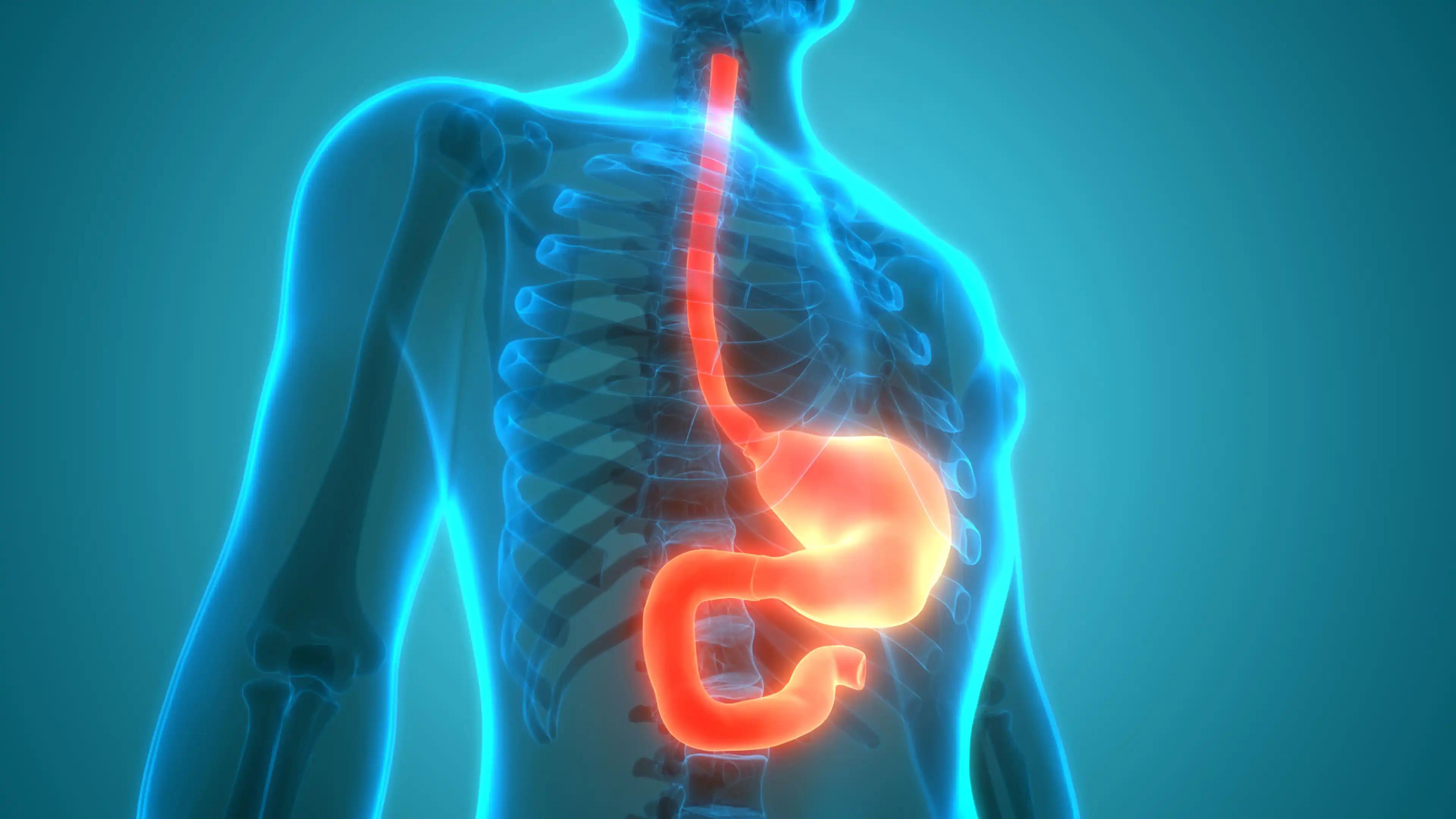KEY TAKEAWAYS
- The phase 2 trial aimed to investigate the antitumor activity and safety of Ami monotherapy in advanced GC, GEJ cancer, and EC patients, correlating with improved patient outcomes.
- The primary endpoint was to determine ORR.
- Researchers noticed that Ami shows promising antitumor activity in Met-high-expression EC, with acceptable safety, contrasting minimal efficacy in GC.
Amivantamab (Ami) is a bispecific antibody targeting epidermal growth factor receptor (EGFR) and mesenchymal epithelial transition receptor (Met) and has immune cell directing activity. Gastric cancer (GC), gastroesophageal junction (GEJ) cancer, and esophageal cancer (EC) have been known to express EGFR and Met, and these expressions have correlated with poor prognosis.
Daisuke Kotani and the team aimed to assess the clinical activity of Ami in this patient population, with particular attention to tumor response and safety profiles.
Researchers performed an inclusive analysis in this open-label, multicenter phase 2 study aiming to evaluate the antitumor activity and safety of Ami monotherapy in patients with advanced or unresectable GC/GEJ cancer, and EC who had received at least 2 prior lines of systemic therapy for GC/GEJ or 1 prior line for EC. Patients expressing varying degrees of EGFR, Met, or both, as determined by immunohistochemistry (IHC), were enrolled.
Ami was administered intravenously at the recommended Phase 2 dose (RP2D) of 1,050 mg (or 1,400 mg if body weight ≥80 kg) in 28-day cycles. The primary endpoint was the objective response rate (ORR) according to RECIST 1.1 criteria. No hypothesis was planned, but approximately 30 patients were to be enrolled in GC and EC cohorts, respectively. Secondary endpoints included disease control rate (DCR), pharmacokinetics (PK), and safety.
At the data cut-off of Jul-2023, total 59 patients received the RP2D. Of these, 29 had GC/GEJ adenocarcinoma, and 30 had EC, with 29 being squamous-cell and 1 adenocarcinoma. Median ages were 66 for GC/GEJ and 60 for EC, with 82.8% and 80.0% of patients being male, respectively. Median durations of study treatment were 0.99 and 2.64 months for GC/GEJ and EC, respectively.
The ORRs were 4.3% for GC/GEJ and 10.7% for EC, with DCRs of 26.1% and 67.9%, respectively. In EC, Met-high-expression (IHC score ≥2+) tended to be associated with a better response, with ORR of 13.3% and DCR of 80.0% compared to Met-low-expression (IHC score 1+/0) with ORR of 7.7% and DCR of 53.8%.
Transcriptomic analysis results from paired baseline/on-treatment EC biopsies will be presented. All 59 patients experienced adverse events (AEs), with 64.4% having AEs with a maximum grade of ≤2. Serious AEs occurred in 27.1% of patients.
The study concluded that Ami demonstrated clinically meaningful antitumor activity in esophageal cancer, particularly in Met-high-expression tumors, while showing minimal efficacy as monotherapy in GC. No new safety signals were identified in patients with GC/EC, suggesting an acceptable safety profile for Ami in this patient population.
The trial was sponsored by Janssen Pharmaceutical K.K.
Source: https://meetings.asco.org/abstracts-presentations/229276
Clinical Trial: https://clinicaltrials.gov/study/NCT04945733
Kotani D, Yamaguchi K, Kato K, et al. (2024). “A phase 2, open-label study of amivantamab in patients with previously treated advanced or metastatic gastric or esophageal cancer.” Presented at ASCO- GI 2024 (Abstract 363).



